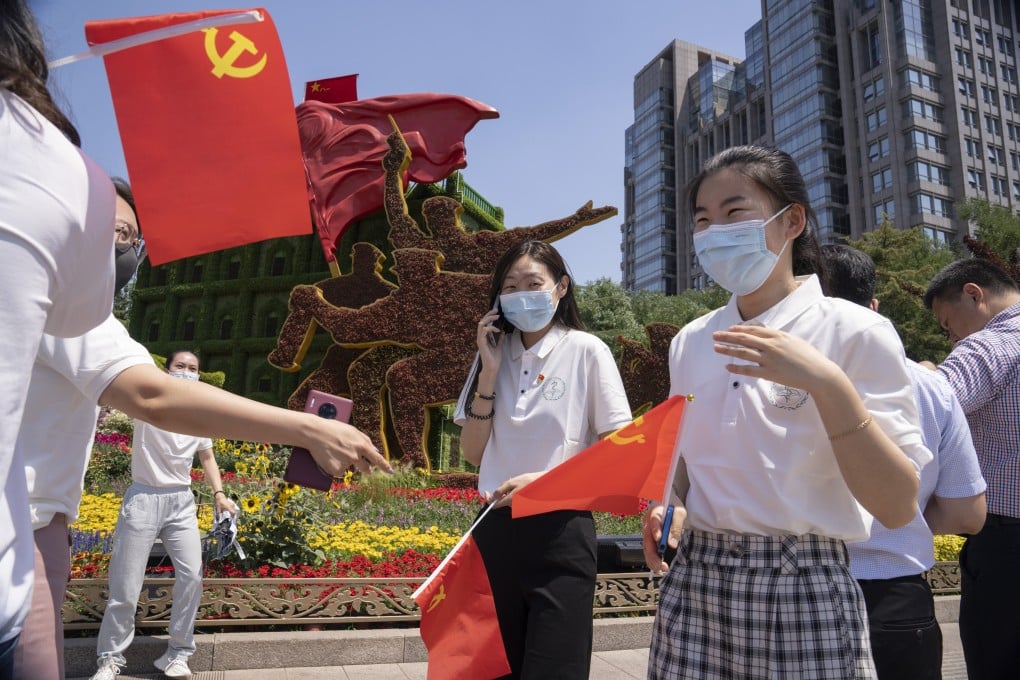Advertisement
Explainer | Communist Party rising stars: China’s seventh-generation leaders who may eventually reach the top
- Many of these contenders are experienced in specialised fields, including tourism promotion, port management and urban planning
- Top officials born in the 1960s look set to continue serving under Xi until their retirement rather than having a shot at the top post
Reading Time:6 minutes
Why you can trust SCMP
20

This is the 12th in the South China Morning Post’s series of explainers about China’s Communist Party in the lead-up to the party’s centenary in July. Here, William Zheng identifies some of the high-flying officials born in the 1970s who could eventually rise to the top.
China will announce its next major leadership reshuffle at its five-yearly National Congress next year. There, promotions to the Communist Party’s 200-member Central Committee – the highest organ of power in the party – will be closely watched for potential future successors of President Xi Jinping.
Membership in the Central Committee is a prerequisite for further advancement in the party, to the 25-member Politburo, the more exclusive Politburo Standing Committee, and even the top post of general secretary.
Officials born in the 1970s, who make up a “seventh-generation” of leaders, are expected to advance into the inner power circle with many existing members set to retire.
Communist Party historians have broadly defined each of the previous generations by a major party leader – Mao Zedong, Deng Xiaoping, Jiang Zemin, Hu Jintao and Xi. But as Xi looks set to stay on after his second term, top officials born in the 1960s that would have made up the sixth-generation look set to continue serving under Xi until their retirement rather than having a shot at the top post themselves.
Among the seventh-generation officials, those who now hold top positions in either the provincial party standing committees, the de facto top decision-making body at the provincial level, party organs or government departments, have the greatest chance of rising to the top.
Advertisement
Select Voice
Choose your listening speed
Get through articles 2-3x faster
1.1x
220 WPM
Slow
Normal
Fast
1.1x